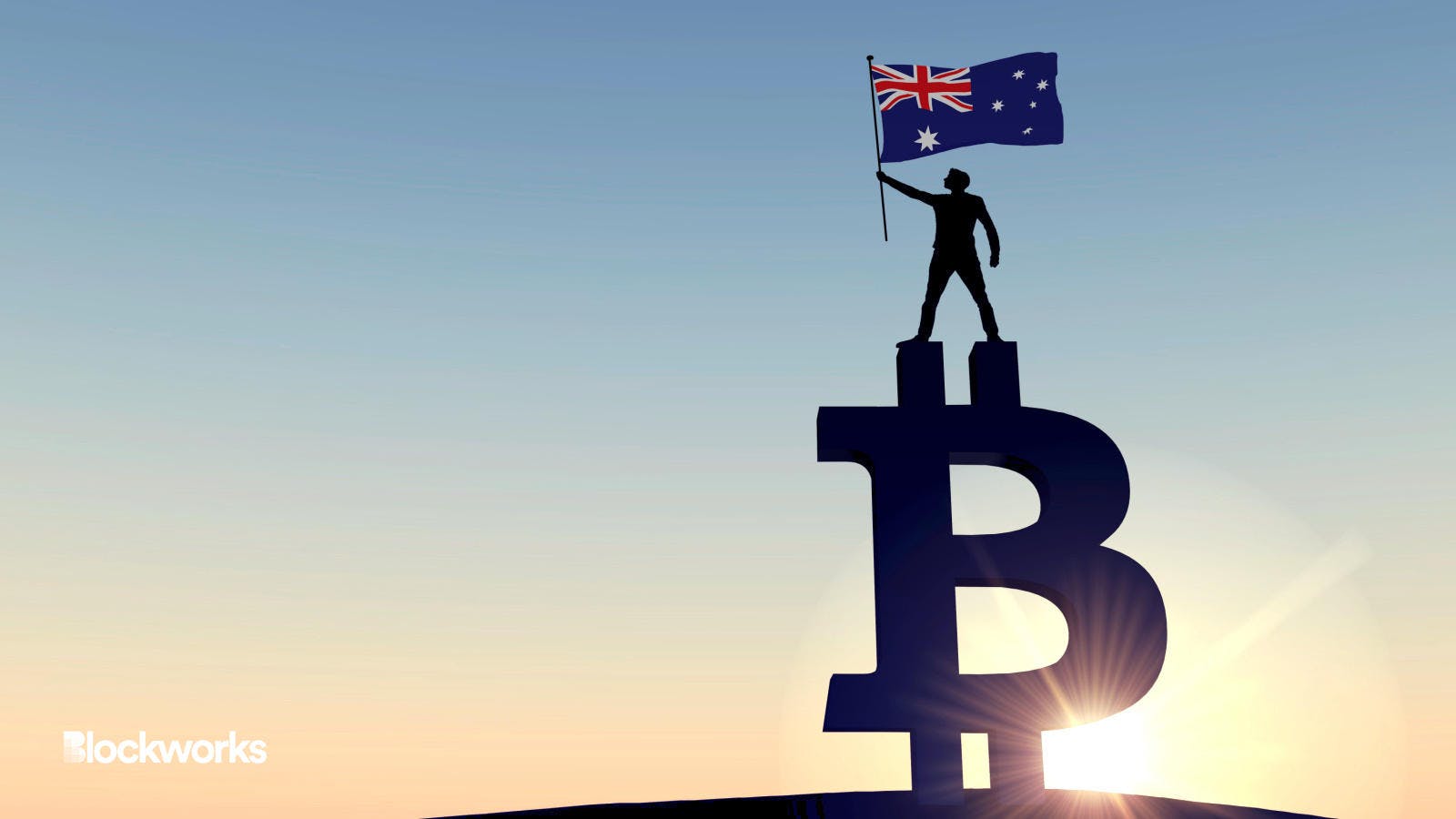Australia To Tackle Crypto Regulation in Three Stages
Australia is still figuring out how to regulate the crypto, with the Labor government now proposing boosted enforcement efforts

Shutterstock.com/Ink Drop, modified by Blockworks
In Australia, crypto startups are preparing for the government’s multi-stage approach to regulating crypto, pitched to protect consumers from what it considers unsustainable business models.
The previous government failed to take the time to future-proof regulatory frameworks, leading to consumer exposure to recent risks, Treasurer Jim Chalmer’s office said in a joint statement Friday.
“While the industry continues to develop and expand, crypto assets are still commonly associated with speculative trading, posing significant risks,” an accompanying consultation paper reads.
Beginning with the first of its three-stage approach, the Australian Securities & Investments Commission, the country’s main financial regulator, will begin bolstering the size of its crypto team.
It will also ramp up efforts to undertake legal action against certain project offerings that fail to register for appropriate credit or financial services licenses while ensuring risks to consumers are clearly disclosed.
Additionally, the Australian Competition and Consumer Commission will scale up its operations to prevent digital asset scams, per the statement. A spokesperson for the Treasury department did not immediately respond to a request for comment.
Parts two and three: licenses and token mapping
The previous federal center-right party, the Liberal National Party (LNP), which had retained power in Australia for more than a decade, had made efforts to reinforce existing crypto regulatory frameworks.
That included a “token mapping exercise” which attempts to define digital assets as it pertains to existing financial law.
The exercise formed part of a recommendation by way of the “Australia as a Technology and Financial Centre Senate select committee” in 2021, spearheaded by Liberal Party Senator Andrew Bragg.
While the LNP had dabbled in crypto regulation, it had prematurely jumped straight to options without first understanding what was being regulated, the new Labor government said last year.
As part of its second stage, the government will reform the licensing and custody of crypto assets and establish a set of obligations and operational standards for crypto asset service providers.
It’s particularly interested in the subset of digital assets that currently fall outside the financial services regulatory framework. Consultation on the design of a custody and licensing framework is expected to begin later this year.
In part three of its multi-pronged approach, the Labor government is seeking to establish a framework for reform based on the token mapping exercise in an attempt to discover which assets require additional regulatory attention.
“This will help the government and stakeholders to focus on regulatory gaps and ensure emerging risks are identified and controlled,” per the statement.
Get the news in your inbox. Explore Blockworks newsletters:
- The Breakdown: Decoding crypto and the markets. Daily.
- 0xResearch: Alpha in your inbox. Think like an analyst.






